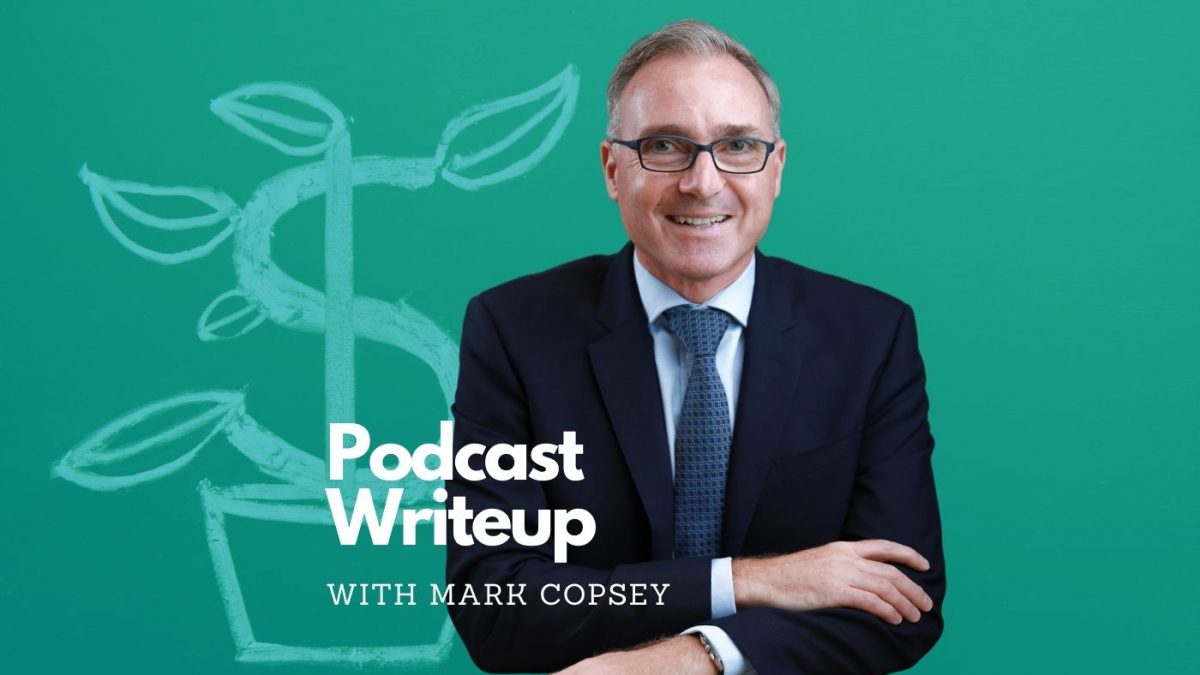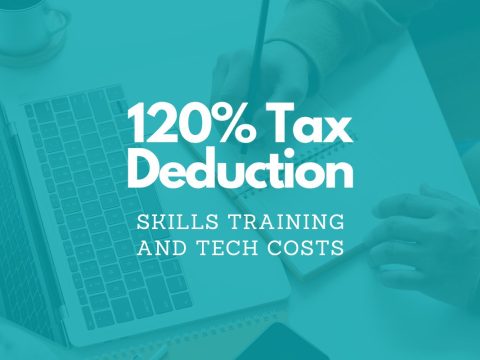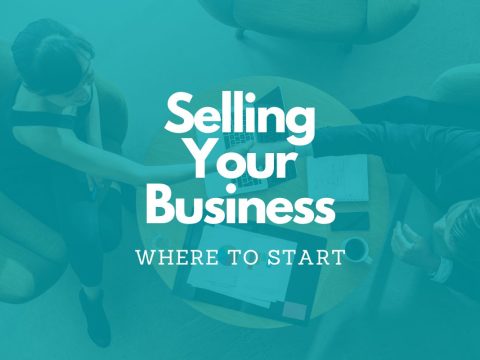Mark’s recent podcast on investing, ETFs, crypto and more
With Mark Copsey, Director, Allworths Wealth Management
The podcast I was interviewed on at the end of last year covered some of today’s most relevant topics to keep in mind when it comes to investing. Together, Veronica Milsom and I unpacked NFTs, diversification, crypto, micro-investing apps, ETFs and the importance of patience and nerve when investing.
Here’s a summary for those who would prefer to read than listen. However, if you’re a podcast person like me, you can catch the full conversation here.
Why should people invest?
Hypothetically, if you have the money to invest:
- The return on cash is pretty ordinary at the moment – it’s half a percent if you’re lucky.
- On the other hand, the stock market, on average, over 10 years, could offer about 10% per year. It’s a better way to grow your wealth.
What are some success stories of people who have gotten it right?
- People who jumped into investing during lockdown – some invested in ‘meme stocks’ and made thousand percent returns, but one should invest very cautiously (prepared to lose money) in that space!
- If you’re sensible with your money and you’re patient (which a lot of people aren’t, unfortunately), over a long period of time (potentially 10 years), you may double your money in the stock market.
- Some of my clients are in their 70s or 80s and invested early on in their lives. They bought a good basket of quality stocks, left it over time, and now they’re worth millions.
How safe is it to invest?
Putting money into the bank is very safe and you will get ordinary returns. But with inflation and the cost of things going up every year, and you’re only earning 0.4% interest, your savings aren’t keeping up with inflation. The value of your investment into the bank is actually going backwards.
When you invest in stocks, they may go down. But if you buy the right stocks, using Exchange-Traded Funds (ETFs), over a long period, you’re probably going to do pretty well.
How much money do I need to buy a basket of stocks? Am I better off starting now or waiting until I have way more than $200?
- You could start with $200. The brokerage would probably be around $7-$10.
- However, it depends on your circumstances – if you have a mortgage, then paying that down instead is a good idea.
- Ask yourself: do you have surplus cash to start with? Because you still need the means to live.
Investing comes when you do have that surplus cash and you can lock it away – if you’re looking at stocks or ETFs, you’re looking at a 7-10 year time horizon. The market will fluctuate, and we’re going through a boom time now, but if you go back to February 2020 when the pandemic started, the stock market fell by 30% in a matter of days. If you need your money at that time and your investments have been decimated, then it could take a long time to recover.
What should and shouldn’t I invest in, as far as shares, crypto, or property?
- I invest in direct shares and ETFs. I made my first crypto investment in April and it’s going very well, I’m up 67% currently. It was a combination of Bitcoin and Ethereum.
- I spent a weekend educating myself on crypto blockchain, and made what I think was an informed decision. But in that period since April, I’ve been down 30% as well, so it’s pretty volatile. I’m going to keep it and see what happens.
What are you doing to educate yourself? Where do you look on the internet?
- I went onto YouTube and looked up blockchain cryptocurrency, and basically watched as many videos as I could. There was a guy that recorded his MBA lecture on crypto, which was quite dry, but I was interested in it and wanted to understand what I was investing in.
- Just type in ‘guide to crypto’ or ‘guide to Bitcoin’, and there are some pretty simple videos to get your head around what it is you’re investing in.
How much effort would I be putting into learning about it on my own?
If you just want to be a passive investor, and that means buying ETFs, probably not a lot. Choose some of the larger ones like Vanguard, iShares, or BetaShares. This way you’re buying the ‘entire’ Australian or US share market, or just a particular sector you’re interested in within those, and just build your portfolio up that way and be consistent. That’s the key.
Why do people jump ship if they know that’s the lowest point?
It’s human psychology – when things are bad your immediate thought is to get out. It’s tough, but it’s the worst thing you can do in investing. You need to have a bit of mental resolve. I think that’s mainly why people pay me. I’m the person holding their hand and saying ‘okay, it’s bad, but it will get better’. That’s the best advice I can give. If there’s a crash, don’t sell.
Is it important to know which industries you’re investing in, like whether you should go for tech startups or Silicon Valley?
What I’m suggesting to the new investor is going the passive route, and what that means is, you are buying thousands of different companies in all the different sectors. This way, you don’t need to worry about, ‘is the tech sector going to go through the roof? Is mining going to go through the roof?’.
What apps would you recommend people use? If any?
- Raiz is a good starting point, but I don’t think you will get terribly rich from apps.
- Be sure to check out their fee structures, which can be quite expensive depending on the amounts you have to invest.
- It’s just being consistent over a period of time and not worrying when the share market crashes – just keep on investing every month and forget about it.
Investment is intentionally made scarier by the media. People are ranting and raving about stock prices going up and down, but if you just strip it right back it’s pretty simple if you’re sensible.
IMPORTANT NOTICE
This blog post contains general information only and has been prepared by Allworths without reference to your objectives, financial situation or needs. Allworths cannot guarantee the accuracy, completeness or timeliness of the information contained here. By making this information available to you, we are not providing professional advice or recommendations. Before acting on any of the information contained here, you should seek professional advice. Allworths Wealth Management Pty Limited (AFSL 457 155) is the Wealth Management arm of Allworths Chartered Accountants. For further information, please contact us on (02) 9264 6733 or email growth@allworths.com.au.




